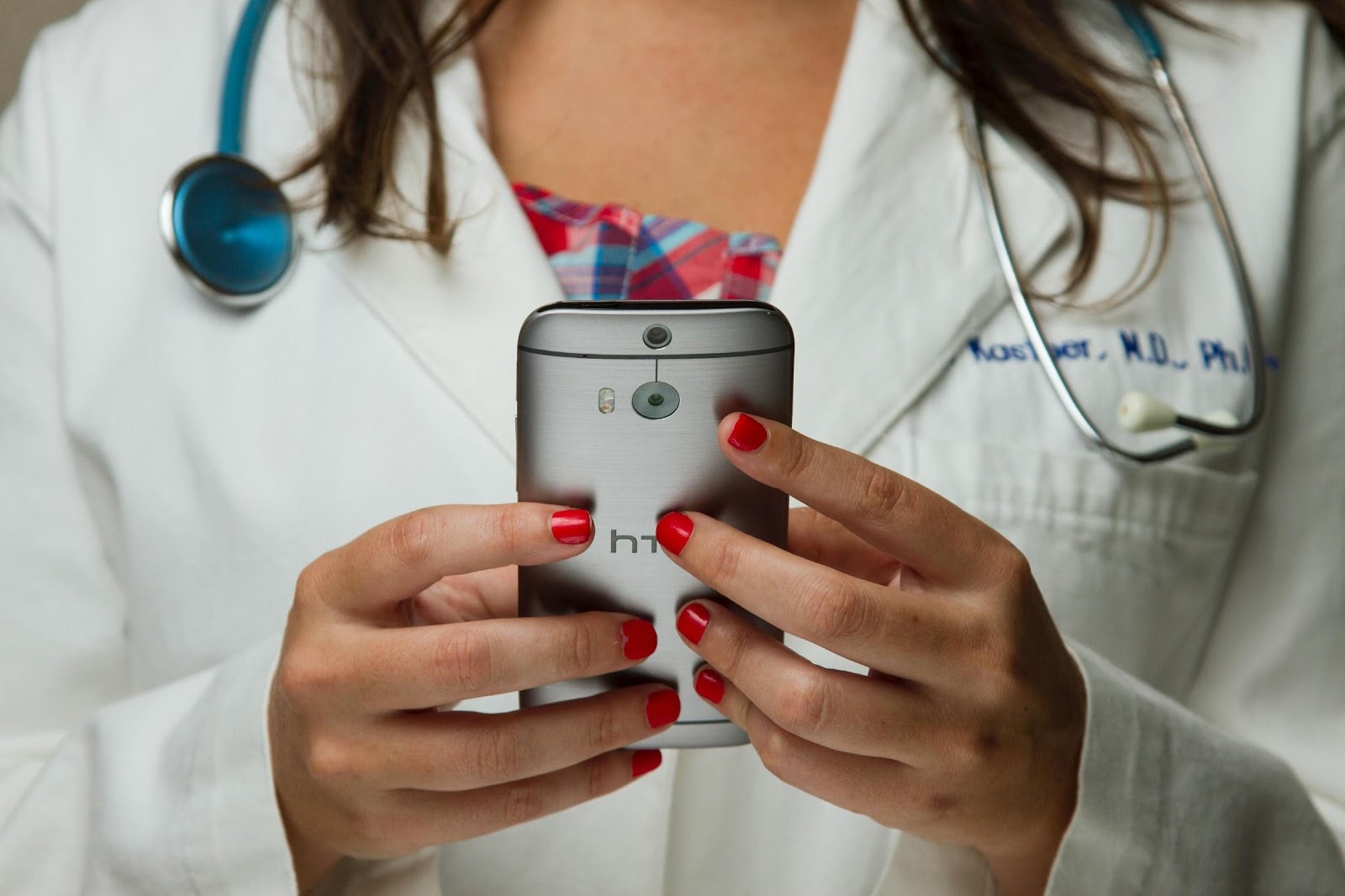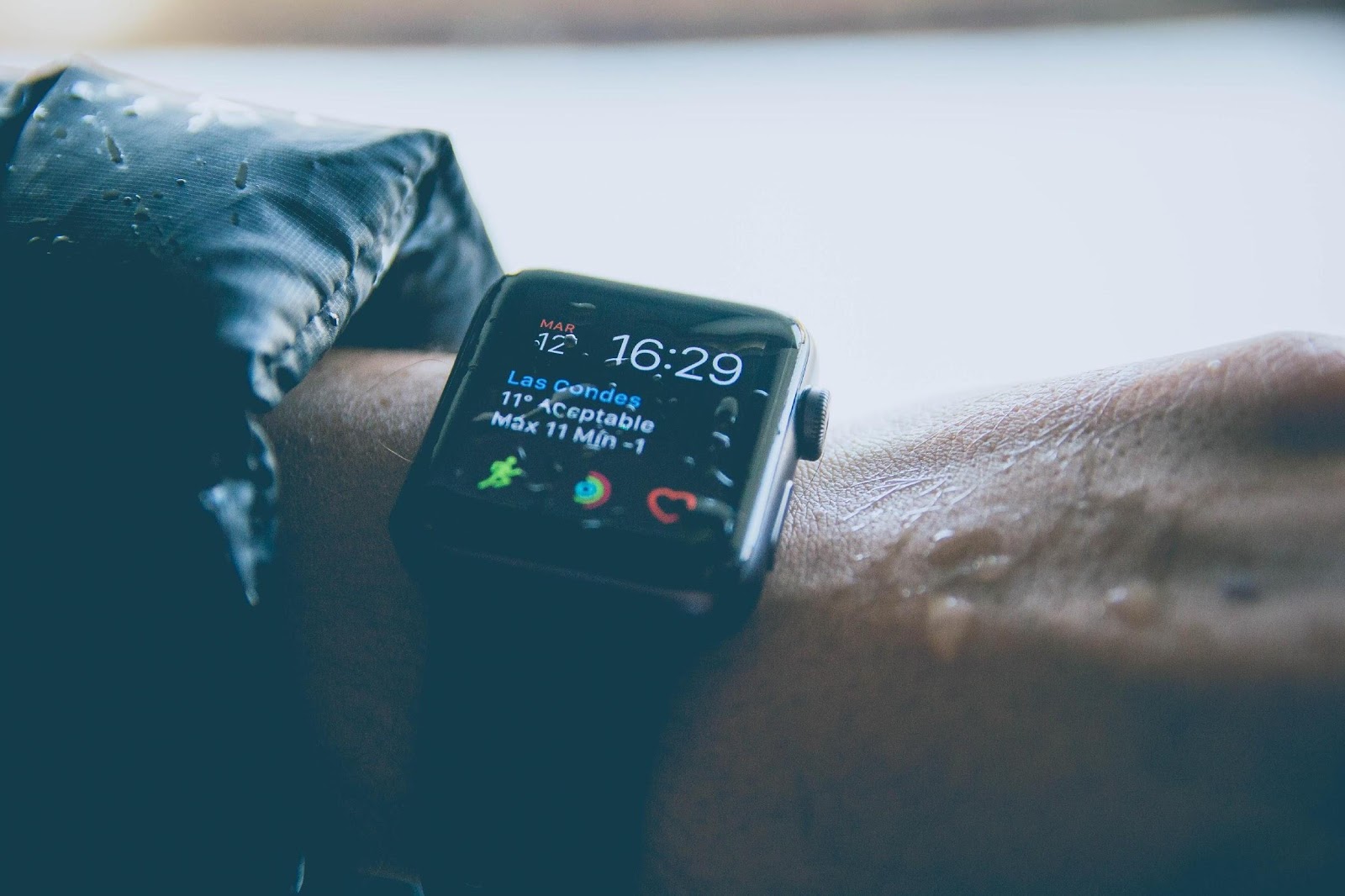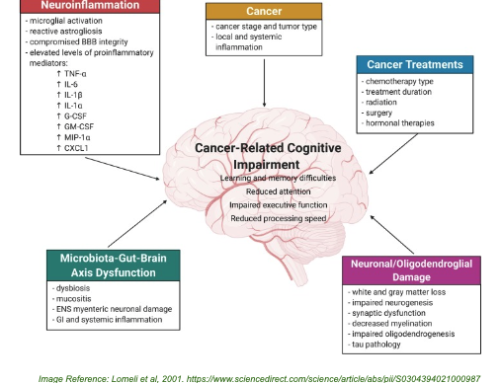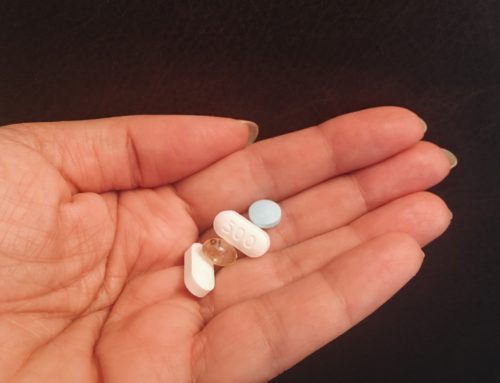It’s no secret that the world of healthcare is changing. Medicine as we know it, a historically reactionary, practitioner focused system, is turning to technology to transform into a proactive, patient-centric model of care. Much of this change is being driven by data gathered both by the medical system itself and by an increasing number of consumers who are tracking their own health and behaviours via wearable and non-wearable devices.
The Age of Data-Driven Health Professionals

We are seeing a shift in the attitudes of many health professionals, with a new generation of digitally minded providers preparing to see patient management transformed by new technologies.
The Stanford Medicine’s 2020 Health Trends Report, which surveys medical students, residents and physicians, shows striking statistics on this point. Almost half of the surveyed physicians and three-quarters of students are seeking additional training to prepare themselves for these types of technological innovations in healthcare.
Additionally, almost half of all medical students planned to pursue studies on advanced statistics and data science and over half of the surveyed physicians are open to utilising health data from novel sources.
There has also been a rise in data being sent from consumer’s wearable and non-wearable devices directly to their care team. An early example of such devices is AliveCor’s personal EKG (electrocardiogram), which can detect multiple abnormal health rhythms and sends data wirelessly back to the clinical team. There are many other emerging examples of such remote monitoring tools.
Unlocking the Value of Data in Healthcare

The vast amount of data being produced could be revolutionary for many aspects of our health system. Behavioural, demographic and genomic information can be used to predict and diagnose disease before it happens or much earlier than we can currently. In fact AI-driven applications are already outperforming dermatologists when it comes to correctly identifying benign or malignant skin lesions. Similarly, a Google developed AI system was recently shown to be better at spotting breast tumours than doctors. This is achieved via Deep Learning where AI uses previous image data sets to learn adaptively about these lesions.
Health and behavioural data can similarly be used to aid in risk profile and management of chronic disease via precision medicine. Patients can be empowered to play a greater role in their own health management via ownership of their data and gamification.
Consumer buy in would allow patients to understand their own risk profile and set up nudge type behavioural changes via wearable devices which would aid in the prevention of diseases they have been profiled for.
A key to all of these developments is data. We’re already generating huge quantities via every doctor’s visit, prescription, procedure, scan or when a consumer records their daily water intake or physical activity completed via a device. We can learn from every single one of these events and when analysed, this data can be utilised to develop personalised health recommendations and pathways for individual patients.
There is a huge advantage to this, but it will be particularly advantageous for health professionals managing patients with multiple chronic conditions. It would take a combination of analytical approaches to fully understand one individual’s disease evolution, compliance with medication and treatment regimes and best treatment practices moving forward.
That is a lot for one provider who likely has hundreds of other patients to manage. Having access to technologies which assesses thousands of other cases and behaviours to generate an individualised treatment protocol, as well as allowing the patient to take part in their own health management will not only likely result in a better outcome and will also take some pressure off the physician. On the flip side, data analytics will empower health professionals to spot trends in patient metrics and outcomes, both positive and negative, which will enhance their ability to contribute to a patient centred model of care.
With such rapid changes and technologies, we need to ensure our medical professionals are adequately equipped for the changing landscape of healthcare. Without sufficient training and updates in academia, we will place enormous pressure on the people working in our healthcare system. We will also not be able to take full advantage of the potential healthcare innovations offer and ultimately healthcare cannot make the progress imagined.
Data Access and Sharing
The next step in our healthcare data revolution is widespread data access and ethical management of that data. Data sharing is essential if we want to continue innovations such as those laid out above. Both healthcare professionals and researchers need access to data and importantly, a variety of data. It is absolutely essential if we want our innovations to continue their growth and to ensure accuracy in these innovations. Health is a multi-faceted and complicated issue that is impacted by every aspect of our lives. If we want to ensure our technologies accurately reflect this, we need to be gathering data from as many sources as possible.
If we use the example of the person with multiple chronic conditions, we can see it would take cooperation of multiple health care organisations to accurately gather this one patient’s data. Their primary and specialist provider teams, allied healthcare operators, their pathology lab, the clinic where their scans are taken, and the patient themselves, who may be tracking behavioural data.
For this one patient to consent to this global data collection, need to ensure transparency, privacy and data protection. The UK government established an Artificial Intelligence Council to boost the growth of AI in the UK. Simultaneously, as set out in its 2017 industrial strategy, a Centre for Data Ethics was created to establish a governance regime for data-driven technologies. This is a great first step in adopting an ethical approach when developing such technologies, and the area will evolve with time. Establishing industry standard and regulations around commercial benefits of data collection, what can be done, should be done and what should not be done with the data.
Healthcare is on the brink of a data-driven revolution, but much still needs to be done to prepare for the promised changes. Health care professionals require up-skilling, rules need to be set around data collection, storage and use and consumers need to be prepared to share their data so it can be used effectively and accurately and for the benefit of all.



